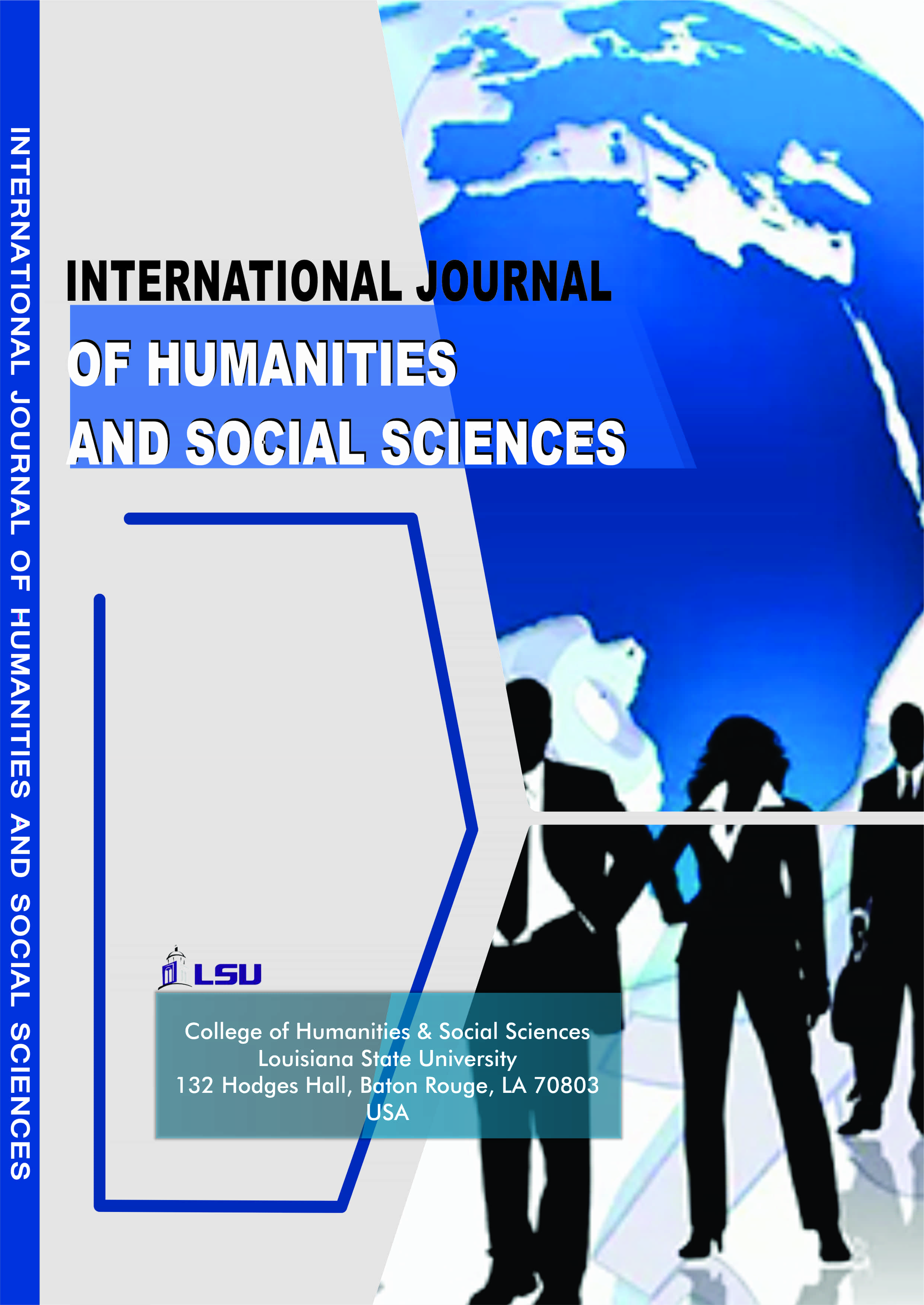INTERNATIONAL JOURNAL OF HUMANITIES AND SOCIAL SCIENCES (IJHSS)
Relating Nationalism and Political Theory
E-ISSN: 3435-6457
P-ISSN: 8654-3552
DOI: https://iigdpublishers.com/article/484
This paper discusses the limitations of the liberal model of multiculturalism as a conceptual framework suitable for thinking about justice in complex ethnoreligious national contestations by introducing a wide spectrum of its critics. Liberal formulations of multiculturalism, it is argued, do not challenge the underpinning power infrastructure of the polity nor the normative definition of belonging as articulated by the so-called 'majority culture'. Conversely, the polycentric tactic articulated by Nancy Fraser indeed offers the possibility for a counter hegemonic reimagining of the power arrangements. But it does not address how religion may partake in such introspective rethinking. This process does not imply merely a power reconfiguration. It also entails a reassessment and rethinking of the legitimizing ethos of the nation.
Kalbfleisch Ramsay
Al-’Ulaymi, M. ai-D. (1968). AI-Uns al-falil fi Tarikh al-Quds toa’l-Kbalil. Najaf: al-Matbaa alHaydariyya.
Ashrawi, H. (1994). This Side of Peace. New York: Simon and Schuster.
Devlin, J. F. (1992). Effects of leadership style on oil policy.
Fachrurozi, M. H. (2017). The Abdul Rivai’s thought of Nationalism in the Bintang Hindia Newspaper. International Journal of Multicultural and Multireligious Understanding, 4(6), 72. https://doi.org/10.18415/ijmmu.v4i6.94
Friedland, R. (2001). Religious Nationalism and the Problem of Collective Representation. Annual Review of Sociology, 27(1), 125–152. https://doi.org/10.1146/annurev.soc.27.1.125
